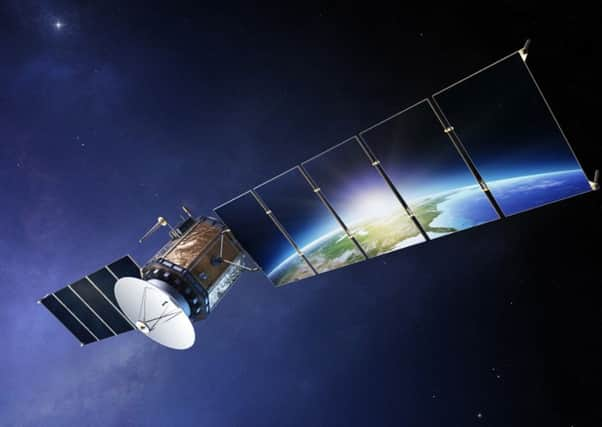Last chance to win a cash prize by entering space contest


The SatelLife Challenge, now in its second year, is looking for innovative proposals from those aged 11 to 22 which have the potential to use data collected from space to benefit our economy, health or the environment. The deadline for entries is midnight on Sunday, 25 February.
Graduate Sam Frampton, from Fareham, scooped last year’s prize of £5,000 for his aged group. His idea looked at tracking health-hazard pollutants with the aim of improving air quality.
Advertisement
Hide AdAdvertisement
Hide AdOther ideas from last year’s competition ranged from solutions to help increase the survival rate of heart attack victims by using GPS trackers in fitness devices, to an app that warns people about impending natural disasters, guides them safely away and alerts emergency services.
Satellites support the economy and everyday life, and this competition gives young people the chance to test their ideas with industry experts and perhaps one day become part of the fastest growing sector of the UK economy.
The UK space industry builds 40 per cent of the world’s small satellites and 25 per cent of the world’s telecommunications satellites. It supports 40,000 jobs and generates £14 billion in revenue across the country.
Emily Gravestock, head of applications strategy at the UK Space Agency, said: ‘We’ve already had some really exciting entries to the SatelLife Challenge and now is the ideal time for anyone interested in taking part to get their ideas in before the deadline on Sunday, February 25.
Advertisement
Hide AdAdvertisement
Hide Ad‘Young people today will be an integral part of our mission to grow the UK’s share of the global space market to 10% by 2030. The SatelLife Challenge is a great way of learning how satellites shape our society and we hope it will encourage young British entrepreneurs to develop ideas that rival the best in the world.’
The overall winner in 2017 was James Pearson, now 14 years old, from Lincolnshire, who came up with an app to provide information on coastal flood risks, went on to meet British ESA astronaut Tim Peake and is using his prize money to develop his idea.
The competition, which aims to support the development of science, data handling and technological skills, is split into three age groups with overall prizes of £7,500 for the best individual and best team. A further seven entries from across the age categories will win £5,000, making a total prize fund of £50,000. The judging panel will be made up of experts including representatives from the UK Space Agency, the European Space Agency, the Satellite Applications Catapult in Harwell and industry.
Click here to enter.